Some retailers in Britain have introduced temporary egg rationing, as avian influenza culls begin to bite poultry supply chains.
Shoppers have shown images of empty egg shelves on social media, along with notices from some of the affected supermarkets limiting egg purchases to three boxes per customer.
The British retail consortium stated that the supply chain issues were linked to avian influenza outbreaks across the UK, which necessitated bird culls in H5N1 positive poultry flocks.
“While avian flu has disrupted the supply of some egg ranges, retailers are experts at managing supply chains and are working hard to minimise impact on customers,” a spokesperson for the consortium said.
“Some stores have introduced temporary limits on the number of boxes customers can buy to ensure availability for everyone.”
Swapping hash browns for eggs
Hospitality chain Wetherspoons confirmed to the Irish Farmers Journal that some of its outlets have experienced issues in egg supply.
A spokesperson for the company stated that similar egg supply challenges were being experienced by others in the hospitality and retail sectors.
“We can confirm that there are temporary issues with egg supplies at some Wetherspoon pubs, due to the current national shortage of eggs,” the spokesperson commented.
“This is not specific to Wetherspoons and other hospitality operators and supermarkets are facing similar issues.”
Affected customers are being offered alternative items, such as hash brown, sausage or onion rings where eggs are unavailable.
Producers lowering supply
Welsh poultry farmer Ioan Humphreys told the Irish Farmers Journal that huge rises in the costs of producing eggs have also affected supply.
Humphreys claimed that many producers were choosing not to reorder layers, at least until costs come down, and that these birds not laying represented millions of eggs being taken out of the UK’s supply.
“Our costs have skyrocketed, but our price has stayed the same,” he said.
“Some have chosen not to produce below the cost of production. There are about 8m less laying hens ordered and this will obviously impact egg supply.”



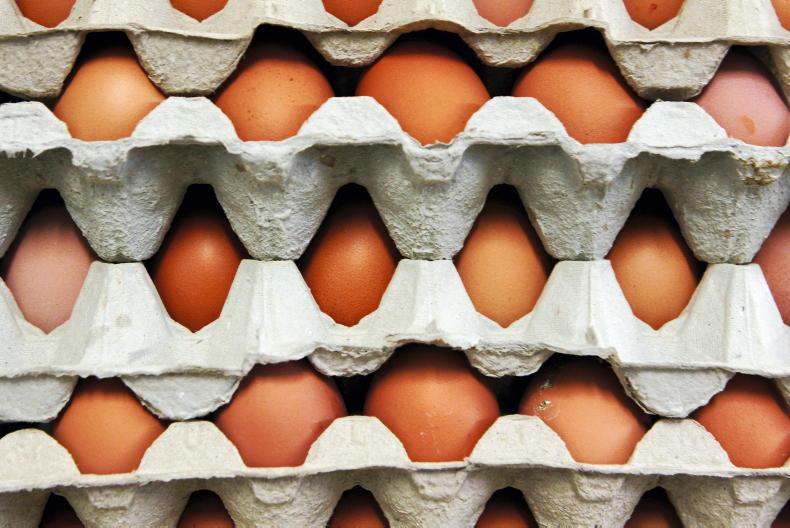

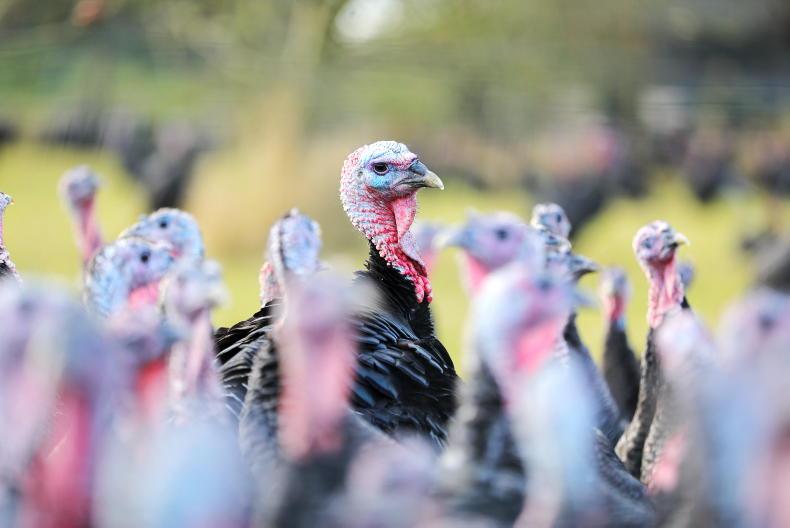

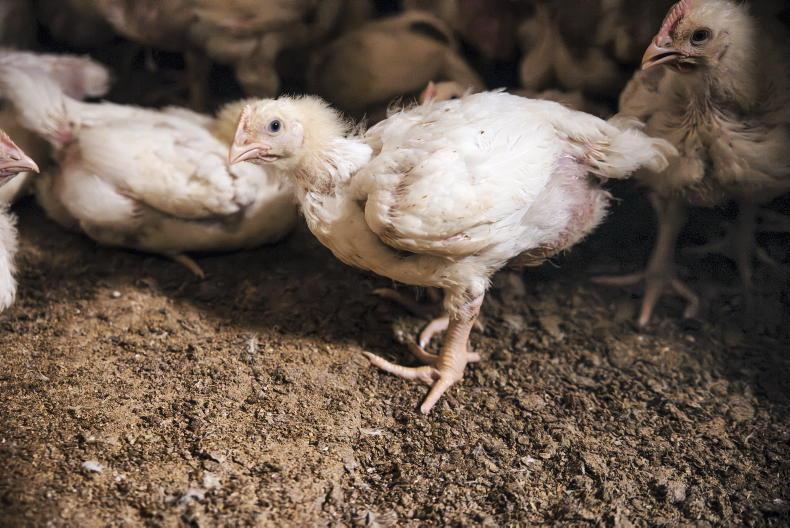
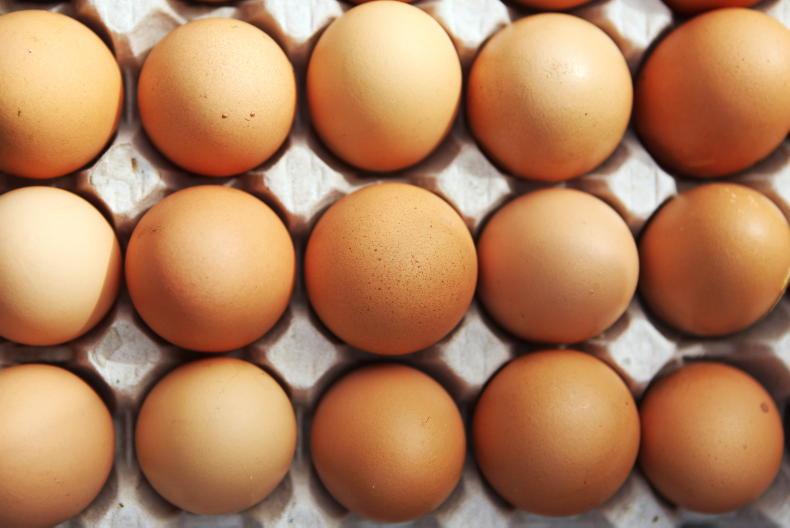
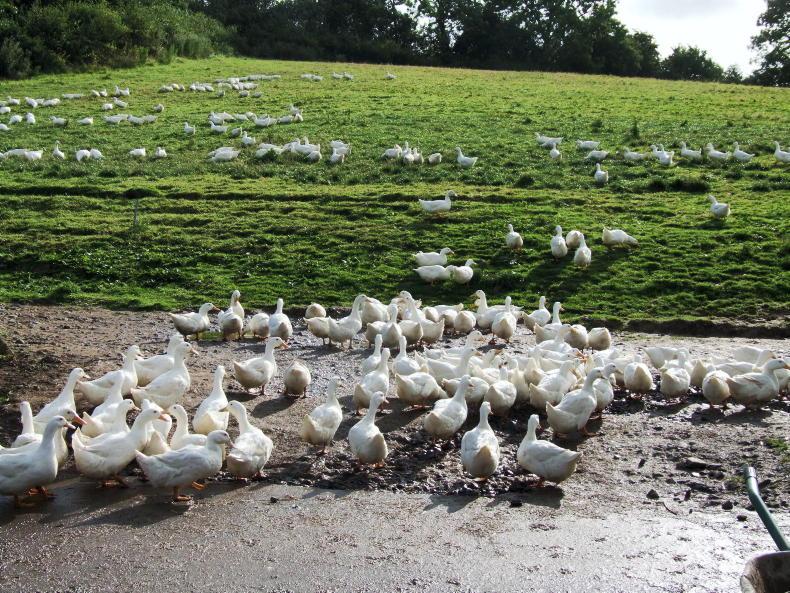
SHARING OPTIONS